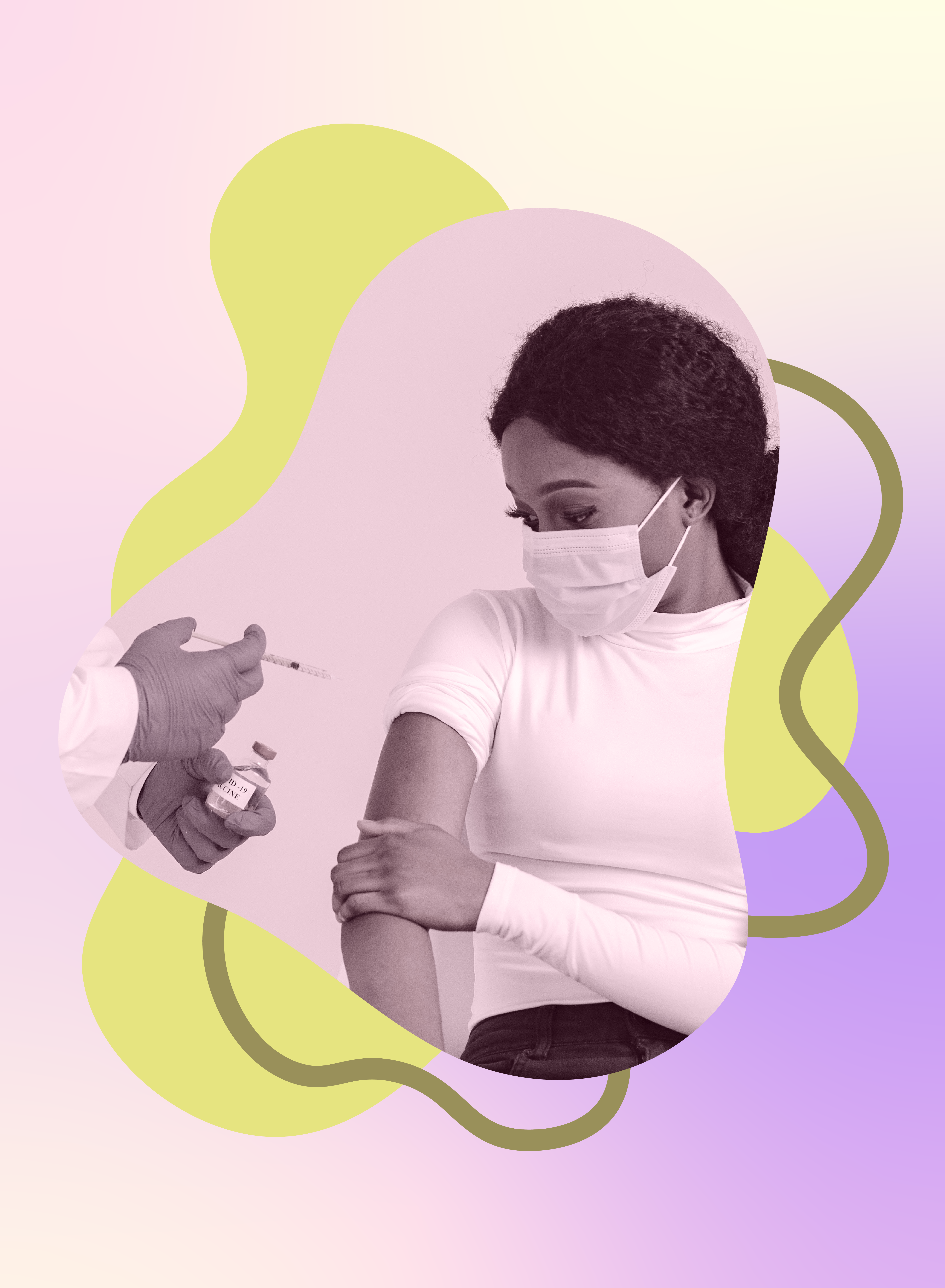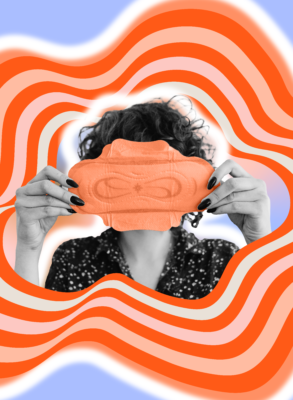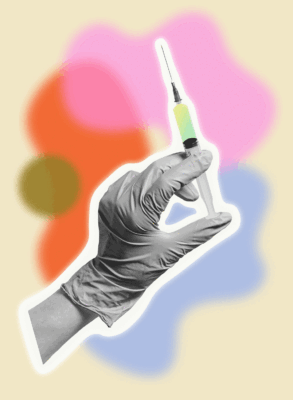Since the rollout of the COVID-19 vaccine, some Betties have reported an interesting side effect – changes to their menstrual cycles. Although it seems far-fetched, the possibility of the vaccine being linked to the menstrual cycle ~actually~ makes sense.
The endometrium (aka the lining of the uterus ((aka the blood and tissue that we call a “period” when it sheds))) is involved in immune system function in complex ways. But a lack of good data still left things a lil’ foggy. Until now, that is!
Earlier this fall, the National Institute for Health (NIH) funded an international, 20,000-person study to better understand if and what links may exist between the vaccine and the menstrual cycle.
The results?
Well, on average, the first vaccine dose was linked to a less than one-day increase in cycle length. Now, it’s not unusual for the length of the cycle to vary, and anything up to an 8-day variation in length is considered normal. Some study participants received two vaccine doses in the same menstrual cycle. In those instances, the average cycle increased by two days.
These changes were to the length of the entire menstrual cycle.
So, let’s say a Betty has a 30-day cycle. This means, pre-vaccine, they’d start their period on Day 1 and wouldn’t start their next period for 30 days. With the COVID vaccine, their cycle may have changed to a 31-day cycle. At least, temporarily. Changes in study participants resolved after the next cycle, indicating these to most likely be temporary changes.
Bonus finding: These studies found no changes in the length of time of bleeding. Meaning, a Betty’s period wasn’t found to be any longer than usual. 🙌
SO, what about long-term effects?
This study provided solid evidence that any effects the COVID-19 vaccine may have on the menstrual cycle are temporary, minor, and not dangerous to menstruators.
Whew, what a relief!
Buuuut, like many issues involving Betties, we still need more research on this topic and in diverse groups of people to learn more about the vaccine’s effects on bleeding quality, pain + cramping, mood changes and other PMS symptoms for every kind of Betty.







Join the conversation